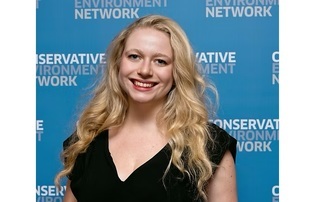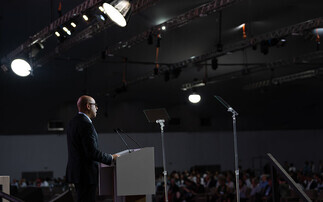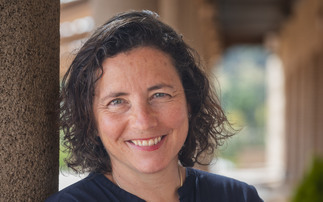Rebecca Willis reflects on the sorrow and anger unleashed by the latest floods to hit Cumbria, and our continued inaction on climate change
I write this in the aftermath of Storm Desmond, which battered my home town of Kendal this weekend. I am lucky to live up a hill, and over the weekend, our house filled with flood refugees. We hunkered down to watch films as the wind howled outside. Today, a sizeable portion of my town is still under water. Schools are closed, which my kids obviously think is brilliant. But across the county of Cumbria, the devastation is truly terrible. It is only this morning, as the waters subside, that the extent of the damage to homes, livelihoods, transport and infrastructure is becoming clear.
When you're in the middle of something like this, you focus on the practicalities - like, who needs my help? And even, where can I buy mops and wellies? It seems far too early, insensitive even, to think about the causes of the floods, when people don't know where they'll be sleeping tonight.
Yet this same week, a new agreement on climate change agreement is being hammered out by negotiators in Paris. So, given that my working life is all about climate change, I feel I have to speak out. For me, this is the week that climate change got personal.
As any climate scientist will tell you, any one extreme weather event cannot be directly attributed to climate change. There have always been floods. But the links can be drawn (see this article for more on the science). What's happening in Cumbria is squarely in line with climate models, which predict more frequent, higher-intensity storms. As an Environment Agency spokesperson said, these floods are an "unprecedented event". They are worse than the last time our county was badly hit, just six years ago in 2009 - an event with a supposed likelihood of one in a thousand years. Cumbria has now had three major floods in a decade (2005, 2009 and 2015). In Keswick, the River Greta overran the impressive defences built after the last floods.
So today, I feel sad about the effects of the floods on friends, family and fellow Cumbrians. I feel relief that I live in a country with strong infrastructure and emergency services. I feel deep sympathy for flood victims in Chennai who don't, and where the cost is counted in lives lost, not pounds and pence.
I also feel angry. I feel angry at those who persist in denying the science, when the evidence is so strong, and when the effects are with us here and now. I feel angry at those who think we can't afford to make the changes we need to combat climate change, when the costs - financial and otherwise - are so very much higher.
But with this sadness and anger comes hope - that Paris proves to be the turning point that we so desperately need. So, to all my friends and family at home: keep smiling and keep on mopping. To all my friends and colleagues in Paris: think of us, and fight hard.
Rebecca Willis is an Associate of Green Alliance and researcher at Lancaster University
This article first appeared at her blog







